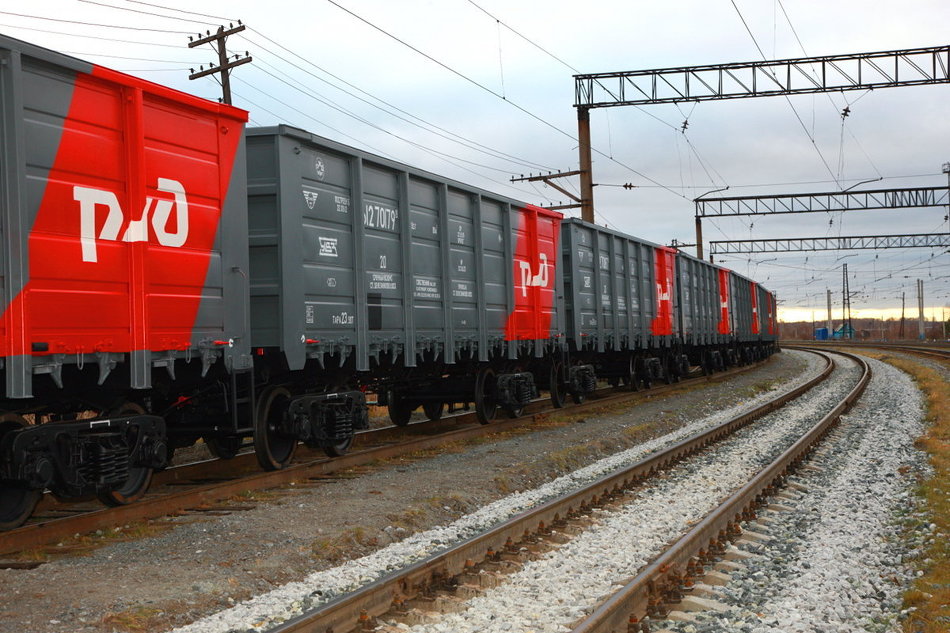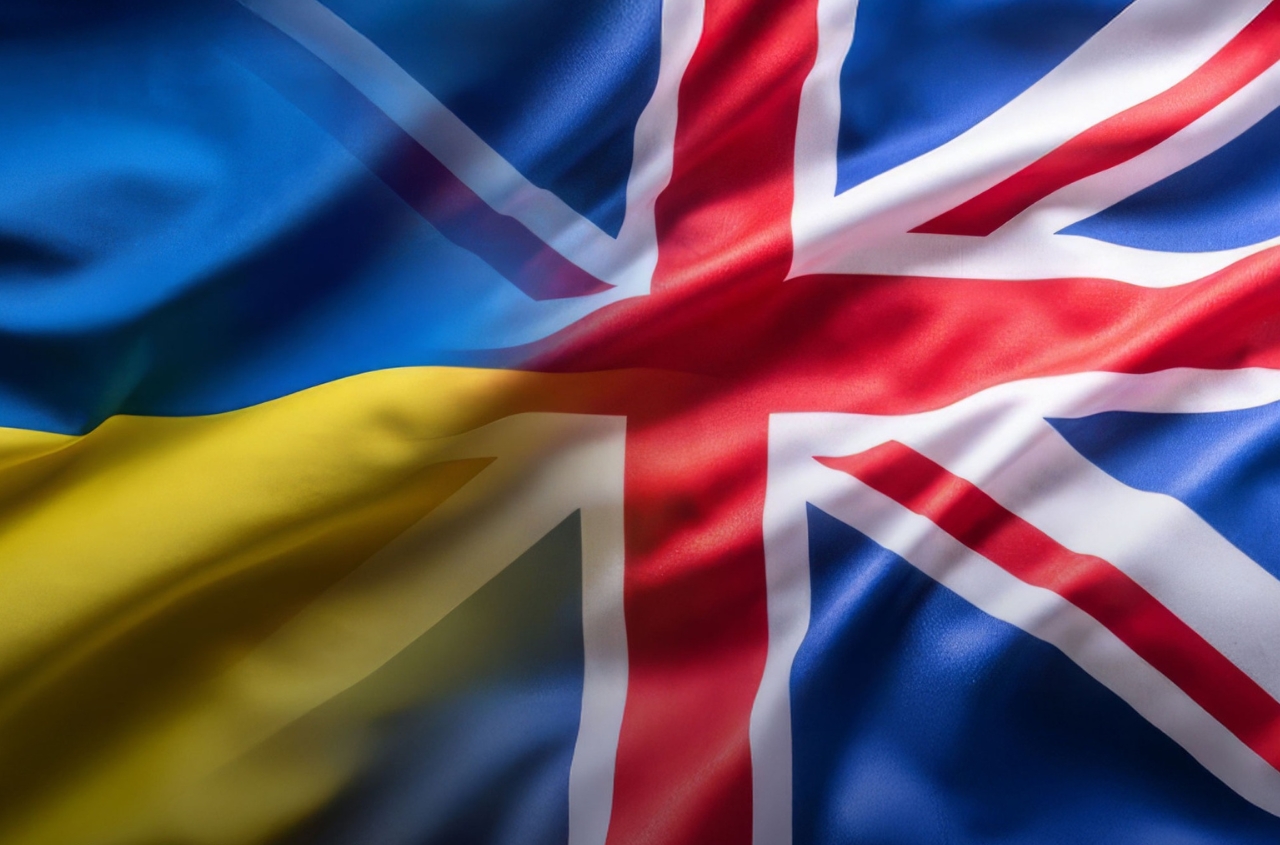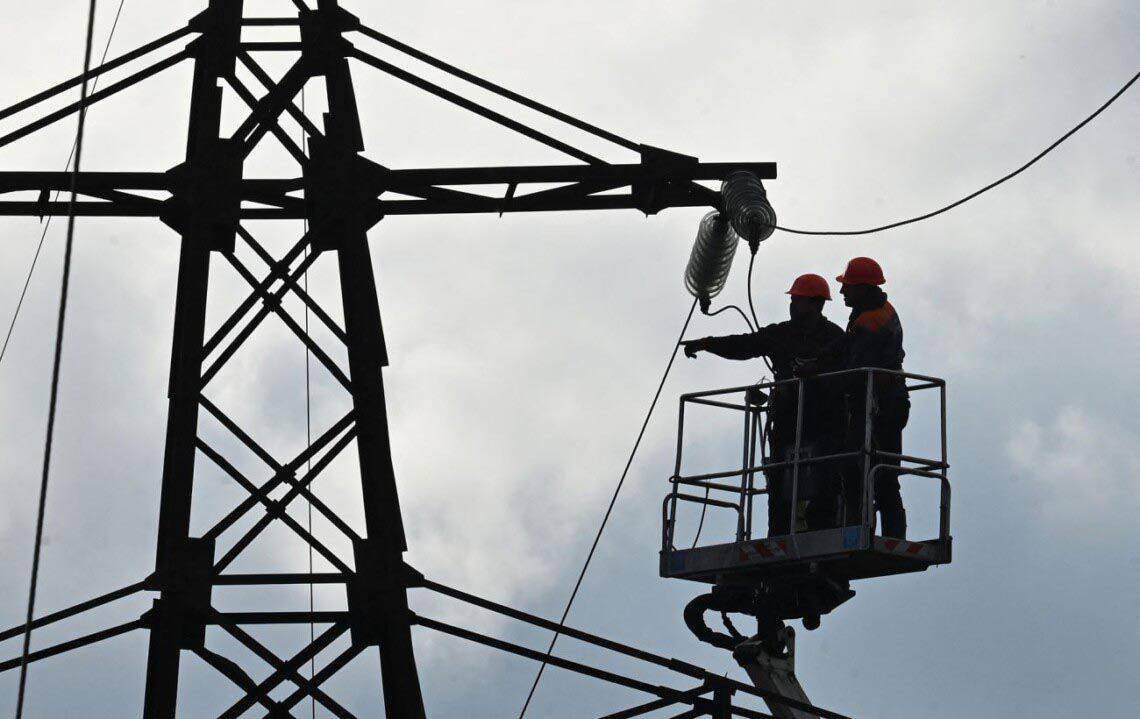At the end of December 2023, the total value of financial assets frozen in Switzerland due to sanctions against Russia amounted to 5.8 billion Swiss francs (over 6.3 billion US dollars). The government of the country reported this on April 23.
"This is 1.7 billion Swiss francs less than the figure reported for December 2022. The decrease is due to losses from the valuation of securities. In addition, 17 real estate objects in 7 cantons are currently blocked," the press service said.
As explained by the government, the value of securities decreased due to international sanctions. The loss was partially offset by profits from revaluation in the amount of 280 million francs (over 307 million dollars).
During the previous reporting period, the State Secretariat for Economic Affairs of the country (SECO) froze assets by another 580 million Swiss francs after its own investigation and explanations from banks. The authorities also blocked two more real estate objects in Switzerland.
"In addition to the 17 frozen real estate objects, other assets were blocked, such as sports and elite vehicles, works of art, furniture, and musical instruments used by sanctioned individuals and legal entities in Switzerland," the government added.
At the same time, assets worth 140 million Swiss francs were released from arrest due to violations of the law during their blocking.
The Swiss Federal Government emphasizes that this amount of frozen assets is separate from the funds of the Central Bank of Russia held in Switzerland – approximately 7.24 billion francs.
"The value of frozen assets or immobilized assets of the Russian central bank is not a direct indicator of the extent to which sanctions are being applied. This is an instantaneous snapshot in time. The cumulative value can fluctuate in any direction, including due to changes in the valuation of frozen securities, banking commissions, and exchange rate changes," clarifies the Swiss government.
In March, the Upper House of the Swiss Parliament supported the government's proposal to transfer frozen Russian assets to Ukraine. With this decision, Switzerland allowed the creation of a legal mechanism that provides for the transfer of frozen funds from the Central Bank of the Russian Federation or assets of its state-owned companies to affected countries.
In December of last year, the Swiss government reported that the country had frozen approximately 7.7 billion Swiss francs (8.8 billion US dollars) of Russian financial assets as part of sanctions imposed to punish Moscow for its invasion of Ukraine.
Switzerland also joined the 13th package of EU sanctions adopted in response to Russia's continued military aggression against Ukraine. Bern expanded Swiss sanctions lists, adding another 106 individuals and 88 legal entities.




















